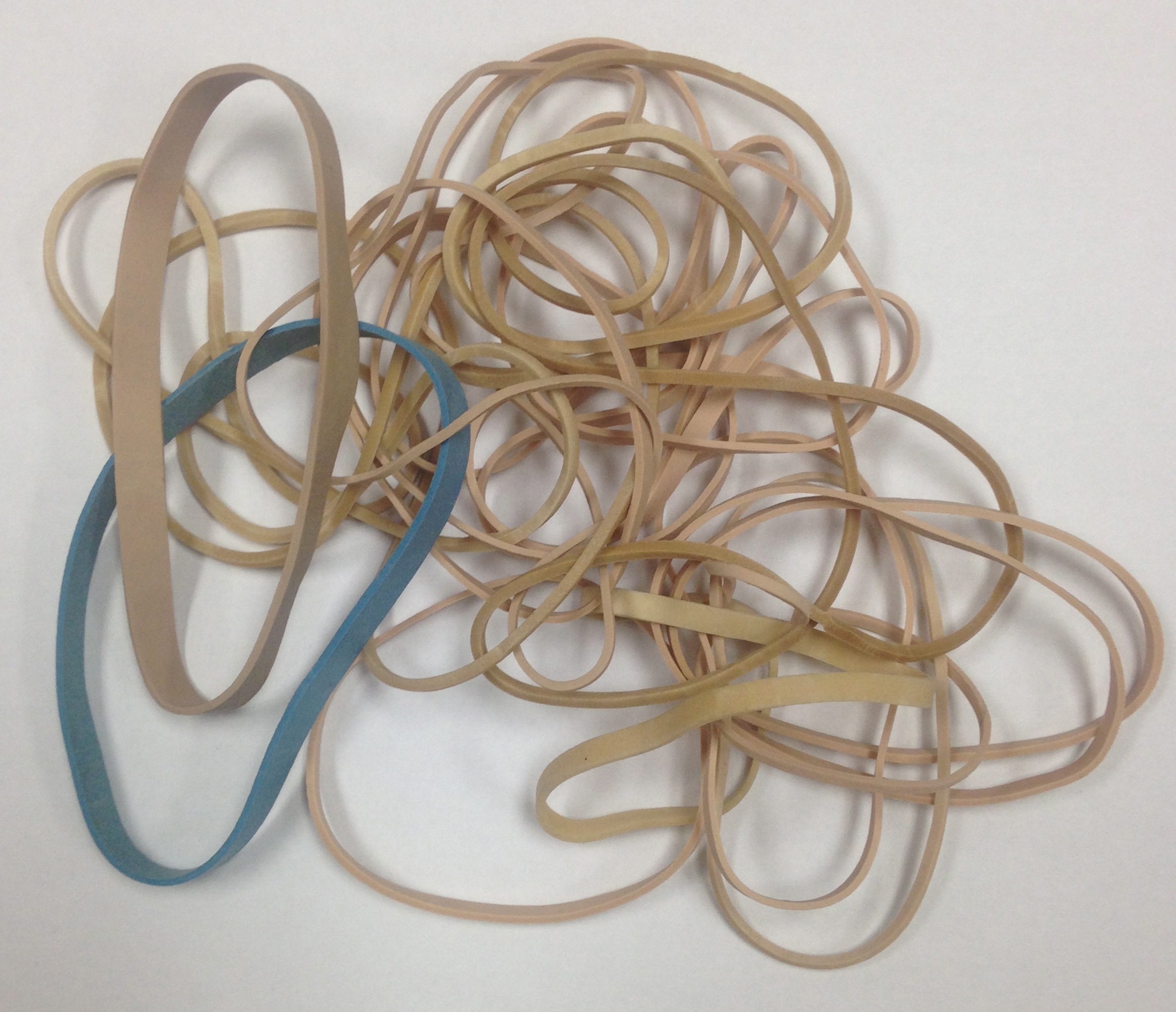 Once in awhile, you will find yourself in a tangle.
Once in awhile, you will find yourself in a tangle.
If you are reading this, then maybe you’re in the middle of one right now. Or maybe you’re reading this because you’re hoping to have the information in case you run into trouble one day.
Either way, you are not alone. We are together in this. I am here for you.
I got the idea of “Operation: Crisis Management” from an English teacher I had way back as a senior in high school. She was incredibly sensitive to the overwhelming pressure we faced before graduating and she’d watch as even the best of students (including myself) would crumble under the enormous workload. Every once in awhile, she’d take one of us aside after class, sit us down and declare, “You need crisis management!” Looking back on it, I’m amazed how often she took the time out of her own busy life to go over our assignments with us and decided what we needed to prioritize in order to get the most important things done. It’s something for which I now I am incredibly grateful.
All of us will eventually need to evoke “crisis management”- whether we’re catching up on work after an unexpected illness, coping with a family emergency, or experiencing personal problems. These are all crises, and you can work through them.
The most important thing is that you find your helpers first: a team of friends, family members, colleagues or members of the community who are willing and able to provide the resources that you need in order to manage whatever you are going through. If you do not have access to these resources, find someone you trust and ask them to help you. At the very least, you owe to the people who care about you to let them know that you’re working through something difficult. They want to be allowed the opportunity to help.
Professionally speaking, it’s important that you maintain honest, direct and appropriate communication with your superiors and your colleagues about your capacity to perform at work. Maintaining boundaries is important and healthy, but a few quick words with your boss about your break-up, or the death of a grandparent is better than taking time off without warning, or spending the majority of your shift crying in the bathroom.
Now more than ever, it’s important to be mindful of your own needs. People are over-scheduled and over-worked as it is, and dealing with a crisis lowers your mood, zaps your energy, and in some cases makes you sick. You are allowed to take a break, which means learning to say no to anything that’s not an immediate priority during this time. Delay and delegate tasks whenever possible– it will allow you the breathing room you need to complete whatever needs to be done, and hopefully give you time to recharge. Eating right, drinking water, exercising, fresh air, meditation and getting enough sleeping all help with burnout. (For more tips on how to deal with burnout, read this post. I’ll also convince you to sleep more here.)
Sometimes crises will come up and they will be unexpected, or inevitable. Personal crises such as deaths, physical and mental illnesses, break-ups or other emergencies will, unfortunately, happen to all of us.
Once in a while, we come across people who always seem to be in crisis whether it’s because they’re overwhelmed by their dysfunctional family, burdened with continuous relationship problems, or constantly take on too many projects at work. You may be one of these people yourself.
Bad things happen to everyone. It’s how we cope with them that counts.
As difficult as it may seem, each challenge we face comes with a learning opportunity that ultimately helps us understand and grow as human beings. Sometimes there will be things that happen that are circumstantial, or out of our control. Sometimes they are sad and unfair. But we have a choice as to how we handle them.
If you begin to notice the same patterns occurring, and the crises you seem to face over and over again are similar, it may be time to revisit your own behaviors and choices. Be honest with yourself and ask what you may be contributing to your own crises. Do you avoid making decisions? Are you saying yes to more things than you can handle? Instead of beating yourself up about past actions that you can’t control, figure out how you can use this information in the future. Maybe it means learning how to set better boundaries, or learning when to say no. You have the power and the self-insight to develop your own coping mechanisms in the best way you see fit, as long as it doesn’t inflict any harm on yourself or others.
J.D. Salinger once said, “On particularly rough days when I’m sure I can’t possibly endure, I like to remind myself that my track record for getting through bad days so far is 100%, and that’s pretty good.” I’ve survived 100% of the bad days as well.
You can too.
 Sending lots of love and good feels out over the interwebs to anyone that’s going through anything. I hope this post helps you in some small way.
Sending lots of love and good feels out over the interwebs to anyone that’s going through anything. I hope this post helps you in some small way.
Even though I write a blog with the word “busy” in the title, I still feel like we do way too much stuff. Part of keeping busy is finding a balance, so sometimes I blog about that here. I hope you take the time to find balance, too.




 Once in awhile, you will find yourself in a tangle.
Once in awhile, you will find yourself in a tangle.